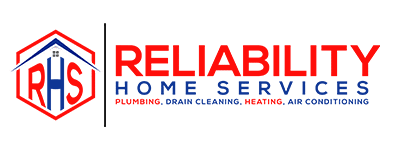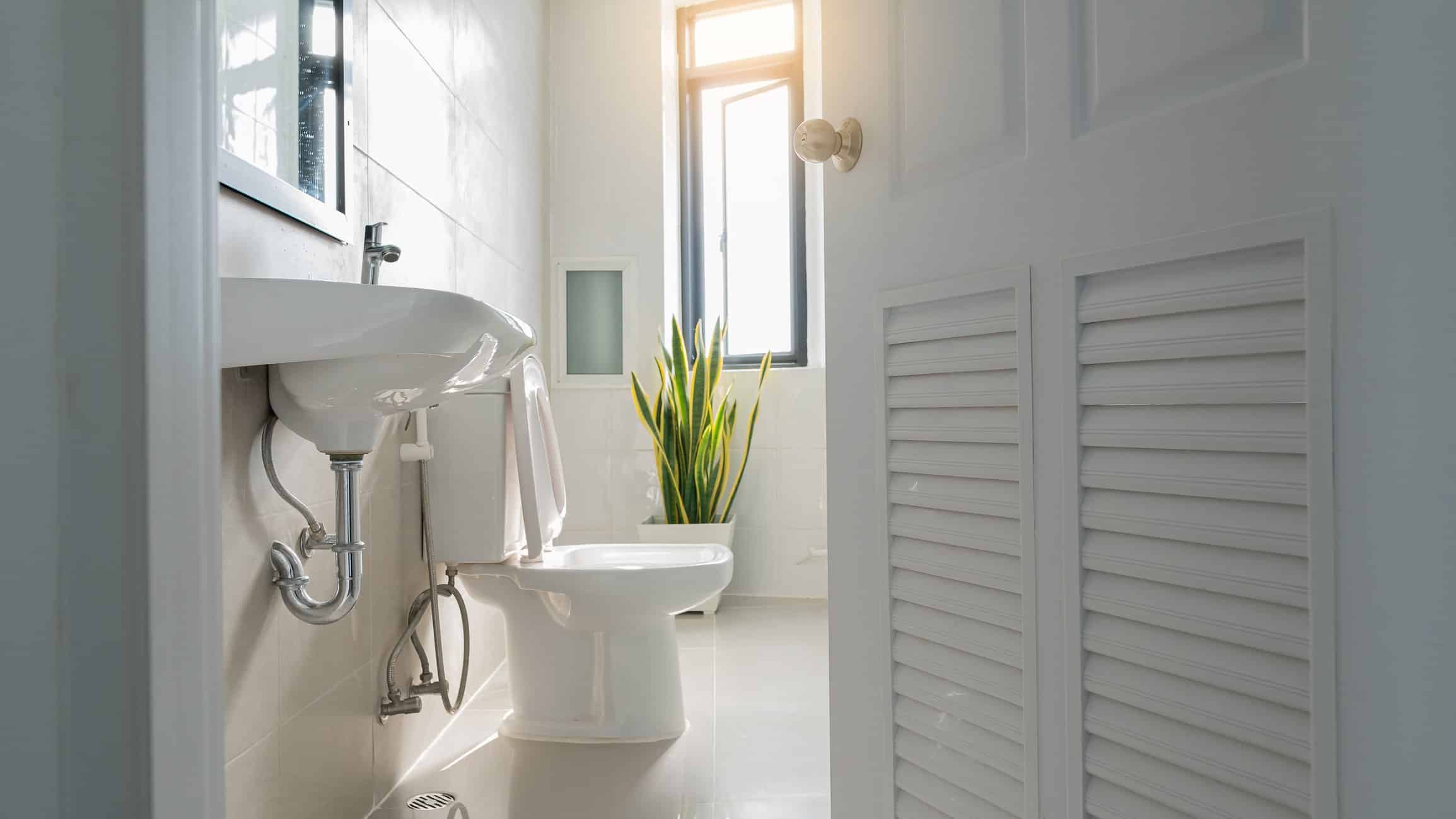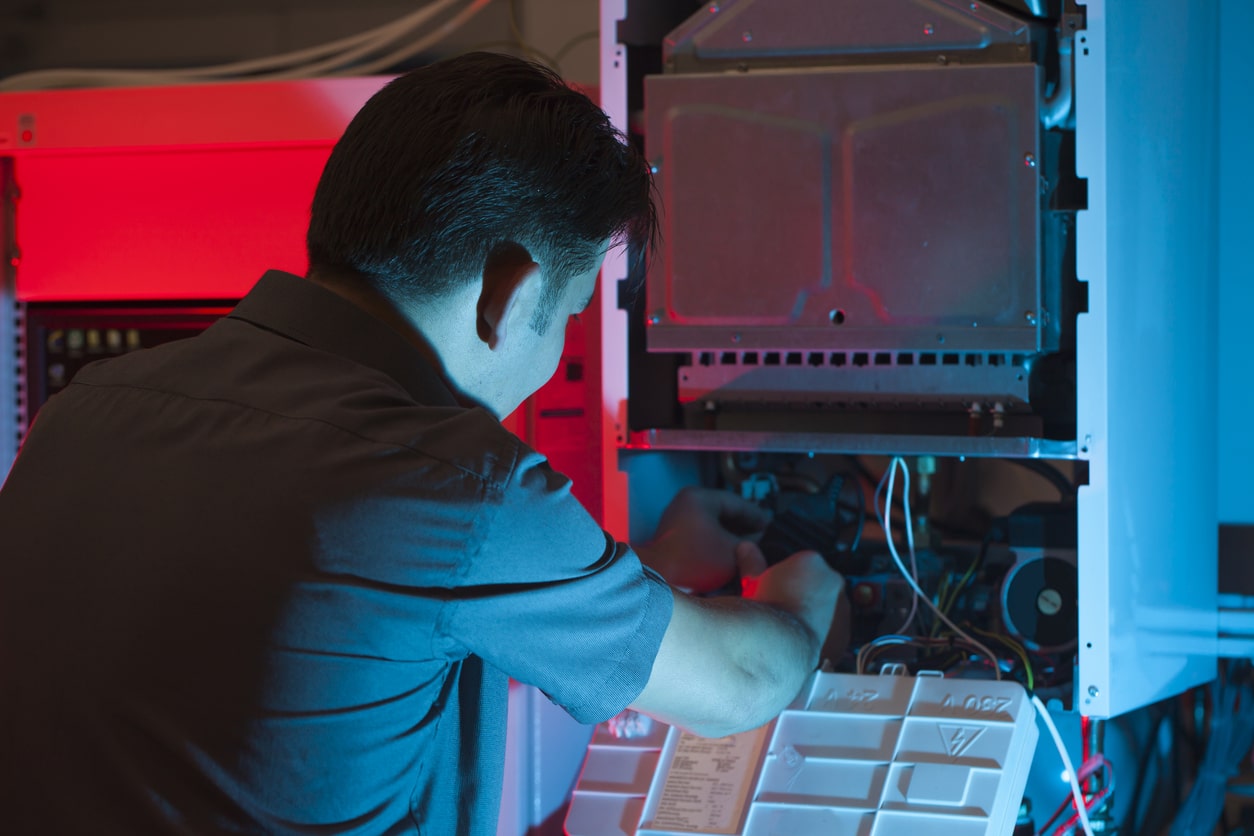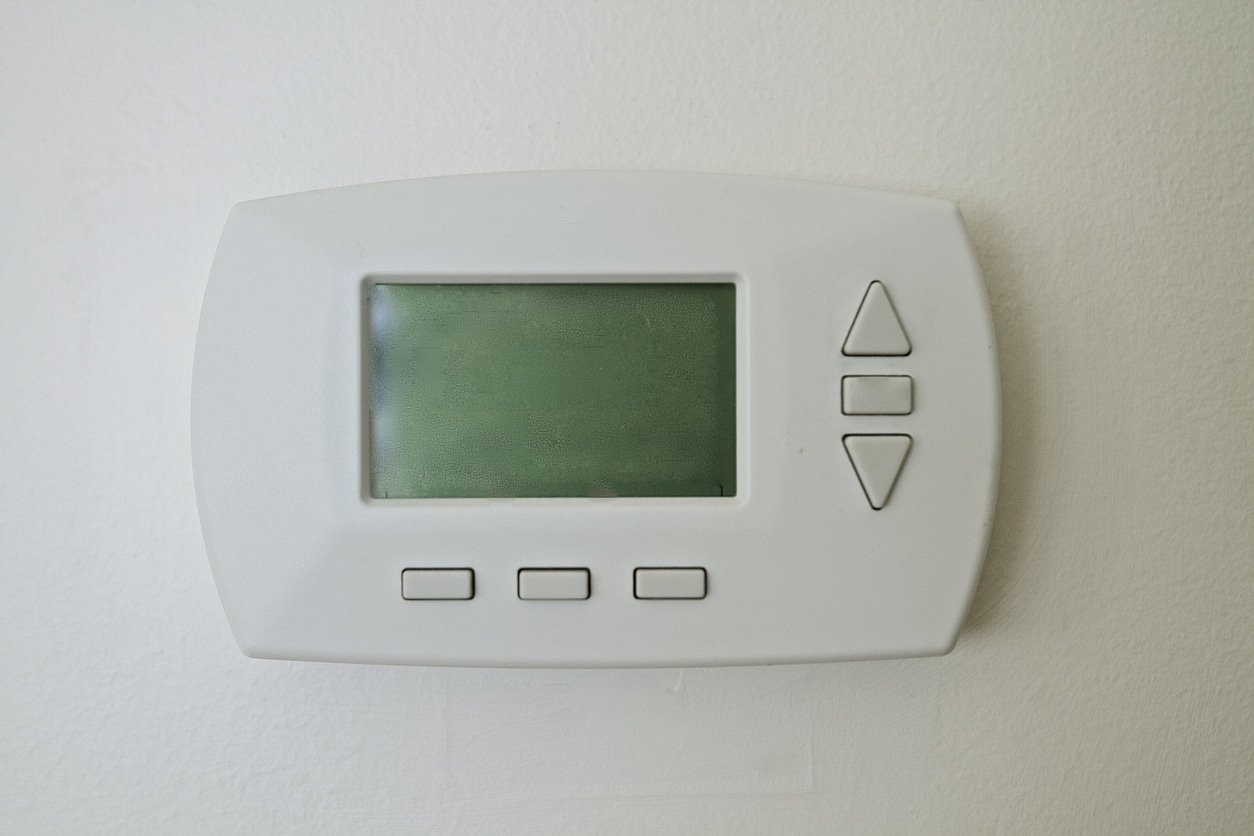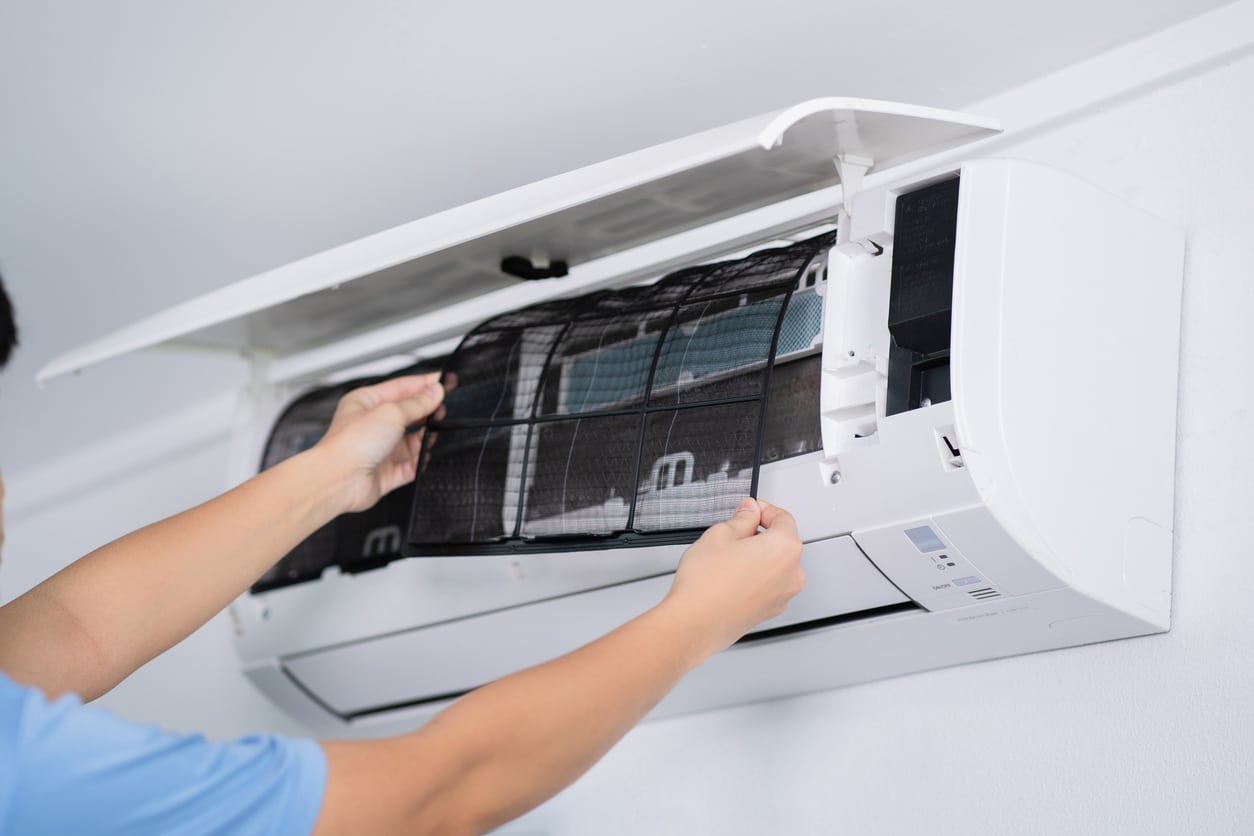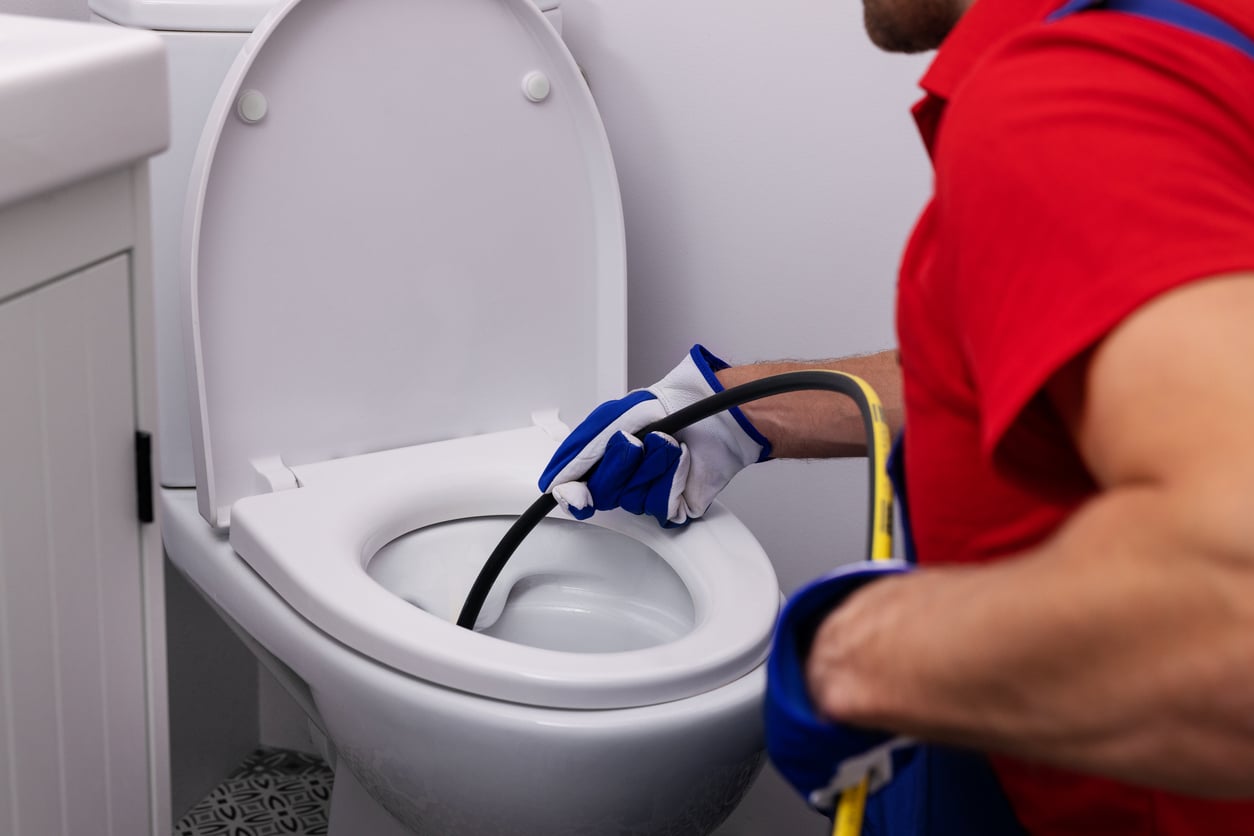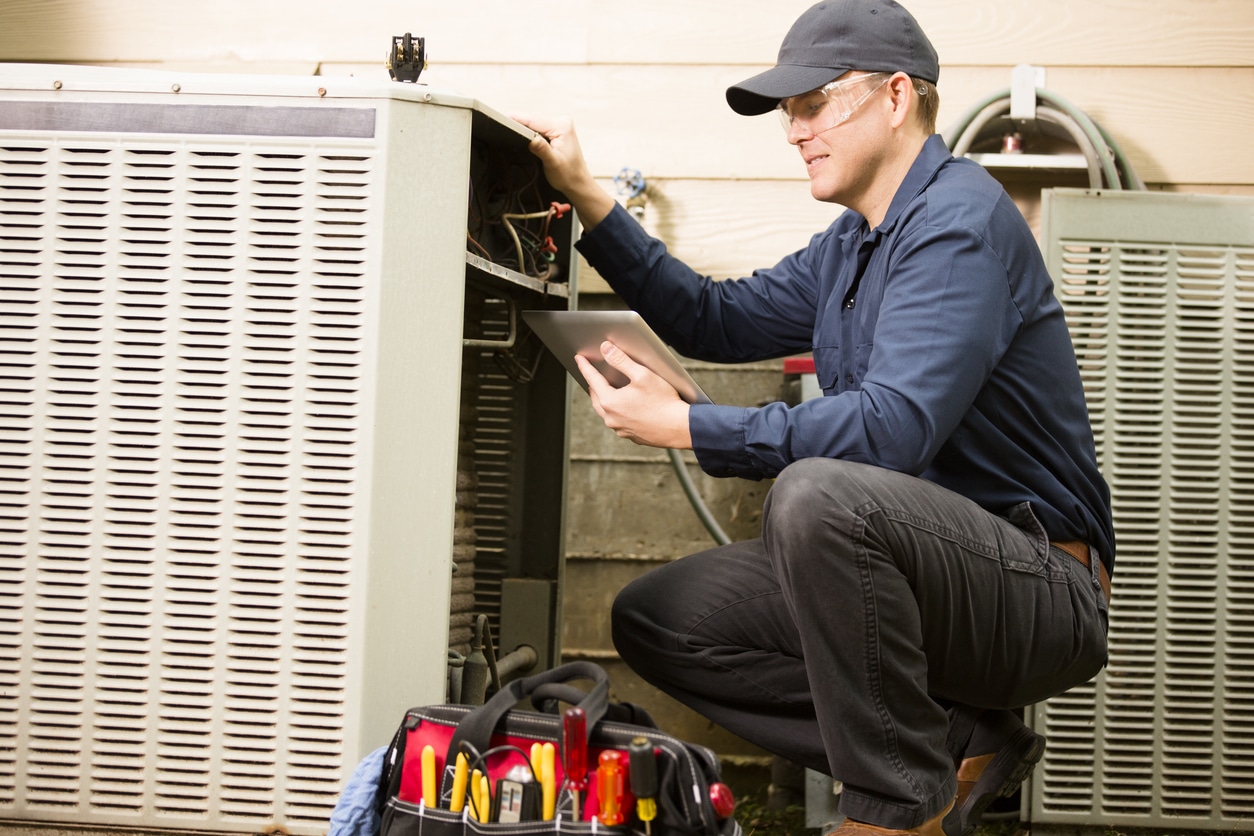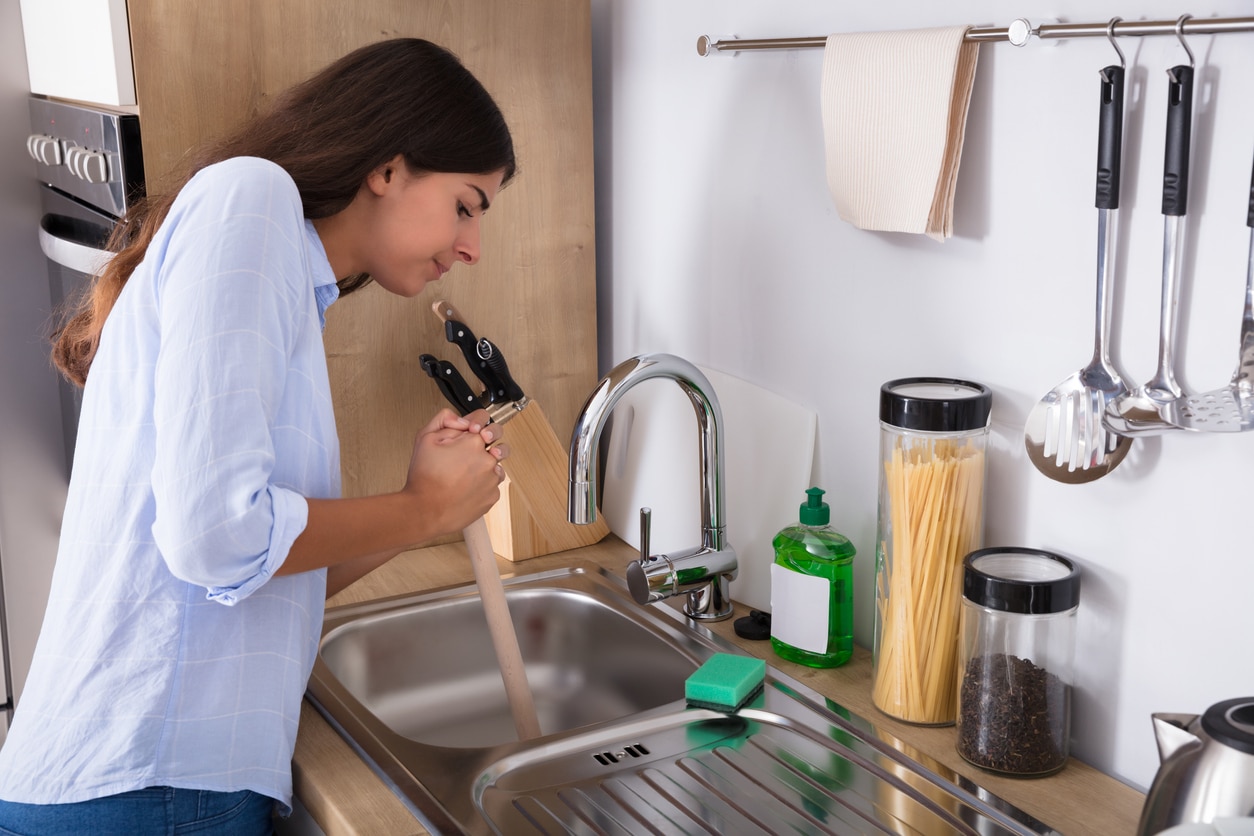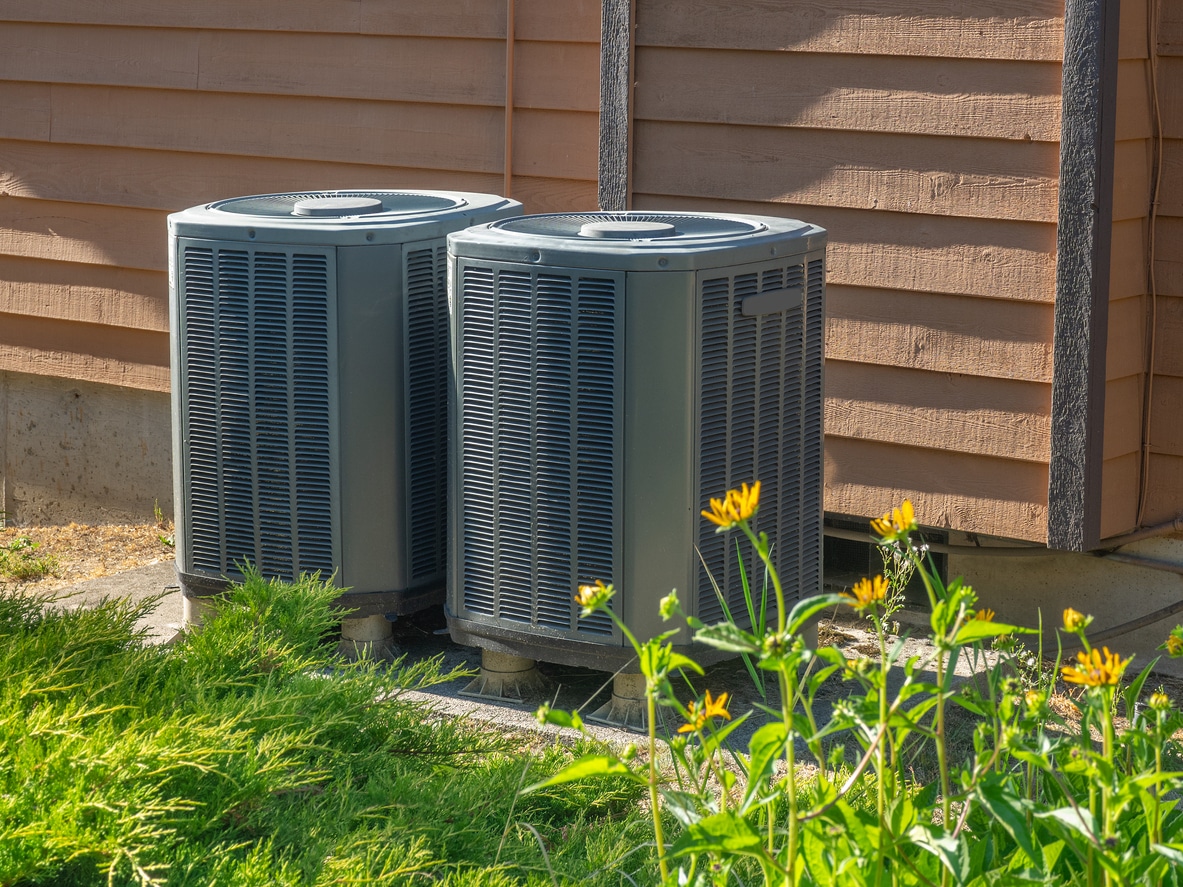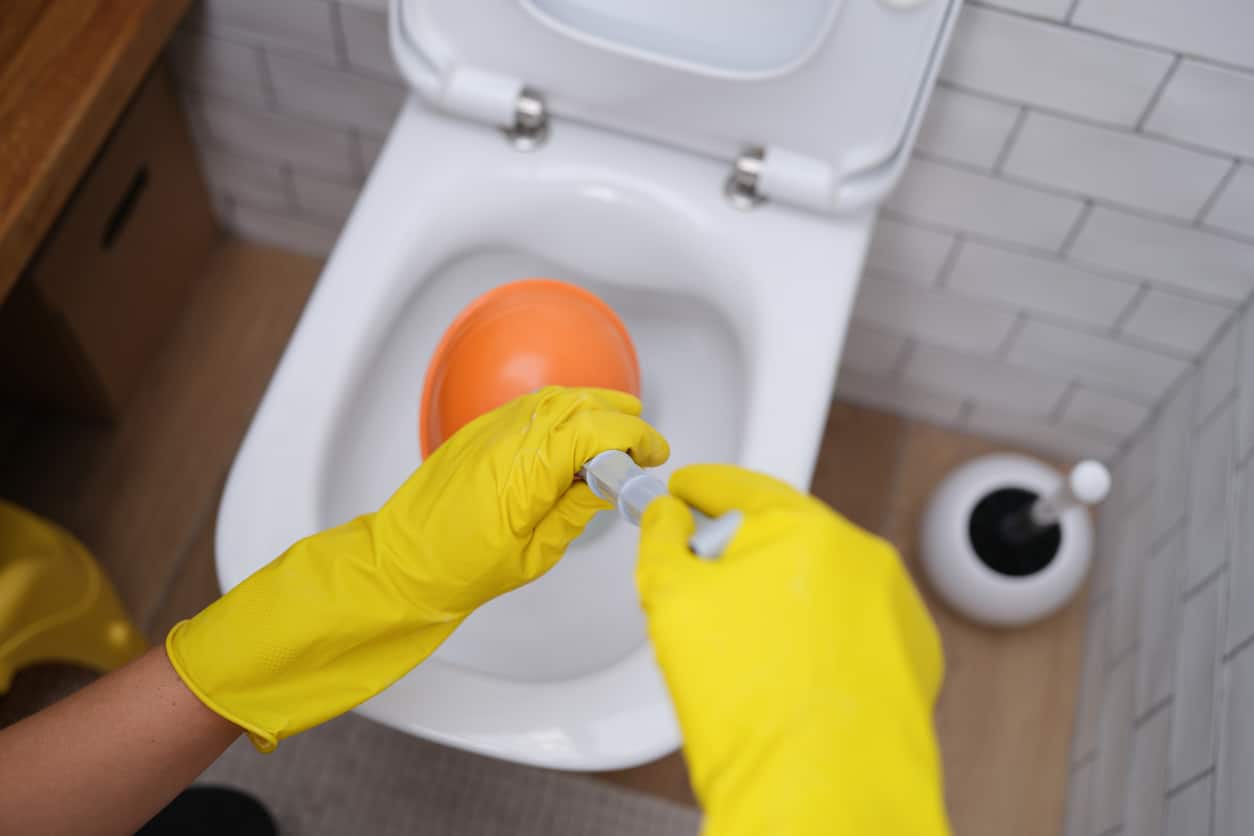Dishwashers help make the chore of washing dishes much less labor-intensive. However, many people find themselves dealing with a clogged dishwasher on more than one occasion. Causes for this problem vary and may include grease and grime buildup in the drain or debris that has been left inside the machine over time. Luckily, there are several different ways to fix a clogged dishwasher quickly and easily without having to call an expensive plumber out to your home for repairs. This article will walk you through some of the main reasons for your dishwasher clog and easy methods for fixing and preventing this problem so that your dishwasher continues to run smoothly!
Reasons for Your Dishwasher Clog
Dishwashers are susceptible to clogs because they deal with cleaning dishes that still have food debris and using water from your sink’s faucet. Causes for this problem include:Clogged Dishwasher Filter
One of the most critical parts of your dishwasher is a filter. This little part can make all of those wash cycles more efficient by catching food particles, foreign objects, and other dirt that would otherwise get stuck on dishes when you’re trying to clean them yourself! If you notice it’s not as efficient, this could be because of dirt and debris that have built up over time. So to keep things running smoothly at their peak performance level (and avoid expensive repairs), it’s recommended that this maintenance task, a clogged drain home remedy, be done once per month.Damaged Hose Clamps
Hoses and clamps are found at the bottom of the dishwasher after removing the kick plate. If you notice cracks in the hoses or loose clamps, it’s best to get them fixed as soon as possible. You can tighten up these parts with a screwdriver before they cause too much damage and lead to leaks which could cost more than just replacing both pieces of equipment! If this doesn’t work, call an experienced plumber because fixing these problems requires professional expertise, so don’t try doing anything yourself unless you know what you are doing.Leaking Door Seal
Another cause of a clogged dishwasher is a leaking door seal. The dishwasher door may be leaking if it has a worn or damaged seal. To find out the problem, open up your appliance and inspect both upper and lower seals for any signs of wear and tear on them. Suppose you cannot find the leak source, call in professionals. They will have special tools to assess this issue better than you might at home and fix it immediately.Leaking Water Valve
Sometimes dishwashers overflow, and when this happens, the water inlet might be the cause that is worthy of inspection. The water inlet valve is responsible for feeding the supply line from your home’s primary source to bring clean water into dishwashers. If this part of the machine becomes damaged or defective, it can cause leaks which means you’ll have dirty dishes without even knowing. To check your dishwasher’s water inlet valve, remove the bottom plate on the front of your dishwasher. Check if there is a leak or drip at the top of the valve or any corrosion. If there is, you should turn off the water supply and change the valve.Unlevel Dishwasher
It is essential that the dishwasher close properly and not leak. If it is not closing properly, the dishwasher won’t drain appropriately between cycles, and leftover water can leak. This can damage any cabinet or counter the dishwasher is installed. To fix an unlevel dishwasher, check the horizontal and vertical levels. Adjust the front or back legs if needed and adjust the dishwasher from side to side.How to Fix Dishwasher Clog
So you have a clogged dishwasher, the next thing you want to do is fix it. But how?- Diagnose the cause of the clog
- Get the appropriate plumbing tools
- Prepare the dishwasher
- Unplug the dishwasher
- Gain access to the dishwasher
- Check the drain grate
